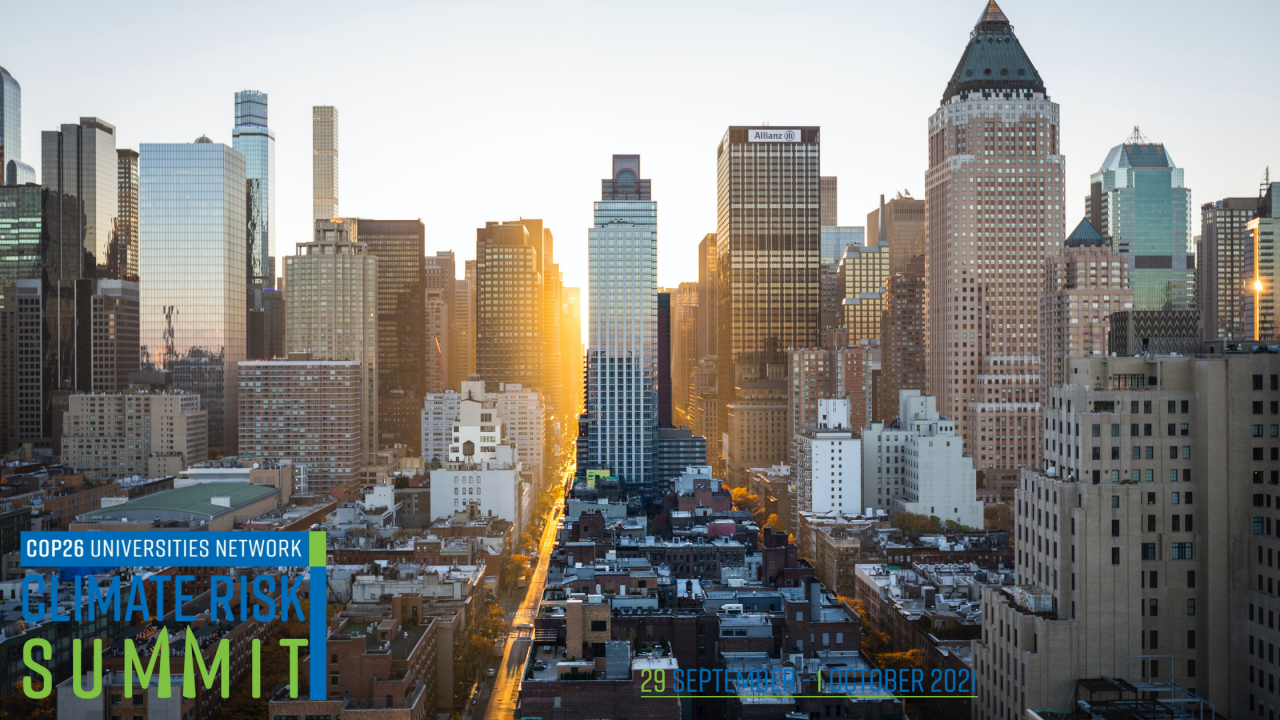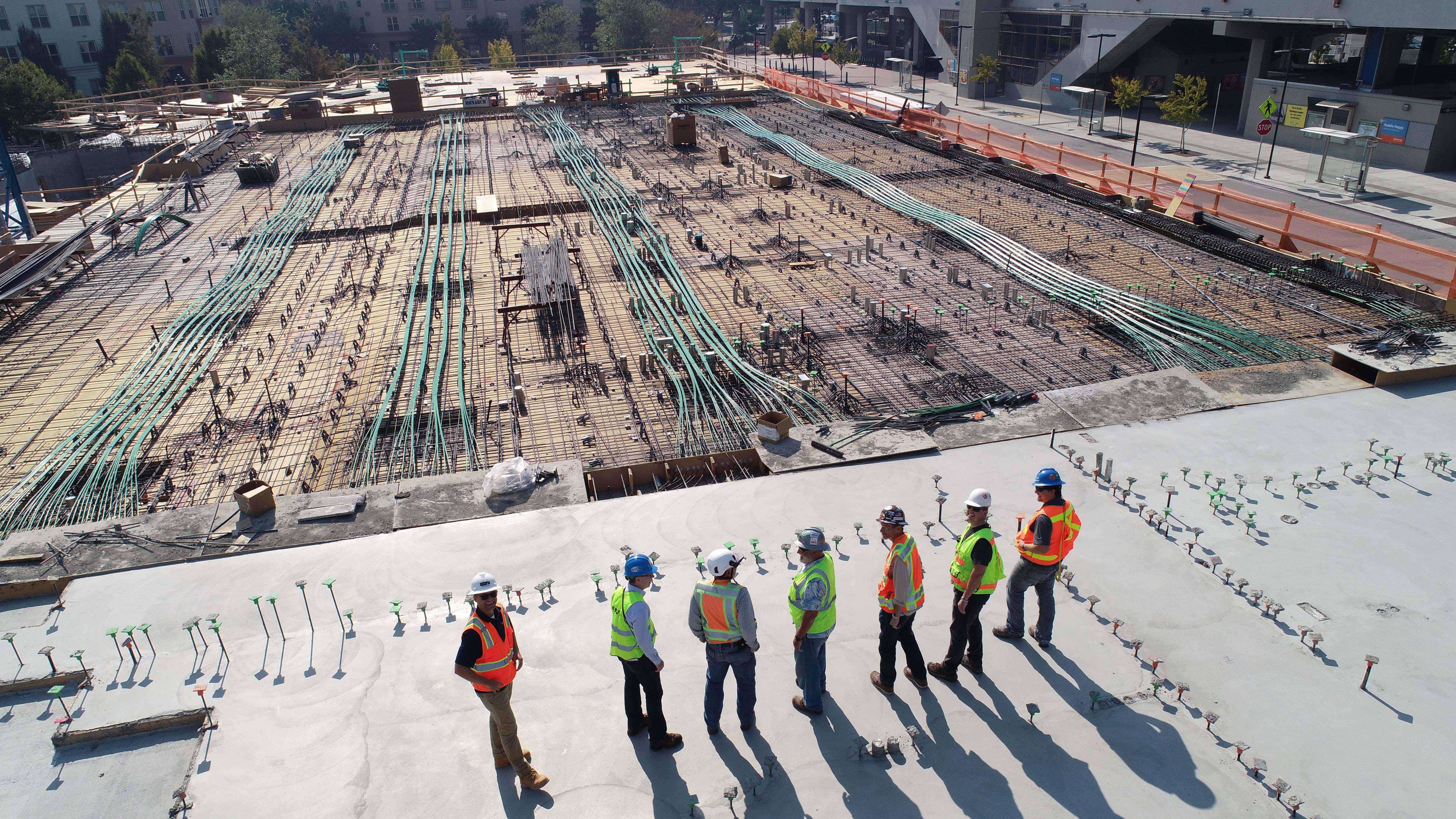With 68% of the world population projected to live in urban areas by 2050, cities are of key importance in the fight against climate change, and there is ample opportunity to strengthen climate resilience and protect citizens against dangerous climate hazards (UN 2018). To prevent or minimise the damage these hazards can cause, cities are implementing their own adaptation management strategies. These aim to mitigate impacts on critical infrastructure and services, enhancing the well-being and prosperity of the communities they serve.
The focus on adaptation is important: climate hazards have potentially serious consequences for human health, livelihoods, and assets, especially for the urban poor, informal settlements, and other vulnerable groups. Accelerating climate change in recent years has increased the frequency at which some natural hazards occur, especially extreme weather events. However, we cannot look at adaptation in isolation – it needs to be embedded within the wider city processes and systems and is an on-going cycle of preparation, response, and revision. As part of this pre-COP26 panel session, we spoke to leaders from four global cities to understand their climate risks and recommendations for how to embed adaptation into city systems.
Global cities hazards
Climate hazards experienced within global cities are diverse and depend on the local context and environmental conditions. Glasgow identified sea level rise and flooding as a key risk, and as a result are exploring natural flood management approaches. Quito, experiencing extreme heatwaves, is exploring nature-based solutions to lower local temperatures and increase biodiversity in the city. Similarly, more frequent heatwaves and heavy rain spells have led Hanoi to look for technological solutions such as early warning systems. Finally, in the Brazilian city of Salvador, flooding and landslides that impact vulnerable communities within informal settlements on the outskirts of the city.
Each city faces different climate risks and has taken different approaches to addressing these by implementing key interventions using new technologies, changing approaches to land use planning and policies, developing nature-based solutions and future-proofing infrastructure.
Climate resilience trends within cities
Despite different climate risks and interventions experienced in cities around the world, the panel, which included experts from C40 Cities, Climate Ready Clyde and provided insight on key trends emerging within adaptation management, shared lessons learned to strengthen climate resilience, specifically:
-
Enhanced adaptation governance: Decision-making often remains siloed, and the term adaptation is framed too narrowly within decision-making bodies and institutions. Rather than a narrow perception of ‘adaptation’, cities need cross-sectoral collaboration to effectively address climate risk.
-
Stakeholder engagement is critical: Engaging with local communities is required to get buy-in for local plans. Co-creation is required, bringing together NGOs and citizen committees can work well on local projects – we need to understand the perception of people in affected areas.
-
Improved data and metrics: Changing the way cities gather data and measure climate risk is essential. Cities often lack data to understand how risks affect the population, tending to make the analysis on economic data but by doing so exclude a large percentage of the population who are often most adversely impacted by climate hazards.
Innovative approaches, experimentation, best practice sharing between cities and acknowledging what hasn’t worked will be essential to strengthen urban resilience and mitigate the impact of climate change.
The session ‘Cities infrastructure resilience: global adaptation management best practice and lessons learned’ was curated by Dr Katherine Maxwell, Visiting Researcher at the Global Centre for Healthcare and Urbanisation, University of Oxford & Associate at NetZero, WSP UK. The discussion was chaired by Andy Kerr, Climate-KIC UK&I.
Ackowledgments:
Panelists in this pre-COP26 event on 30th September 2021 include: Cristina Argudo and Matheus Ortega of C40 Cities, Dr Nam Nguyen at Klinova and Catherine Pearce at Sniffer.



